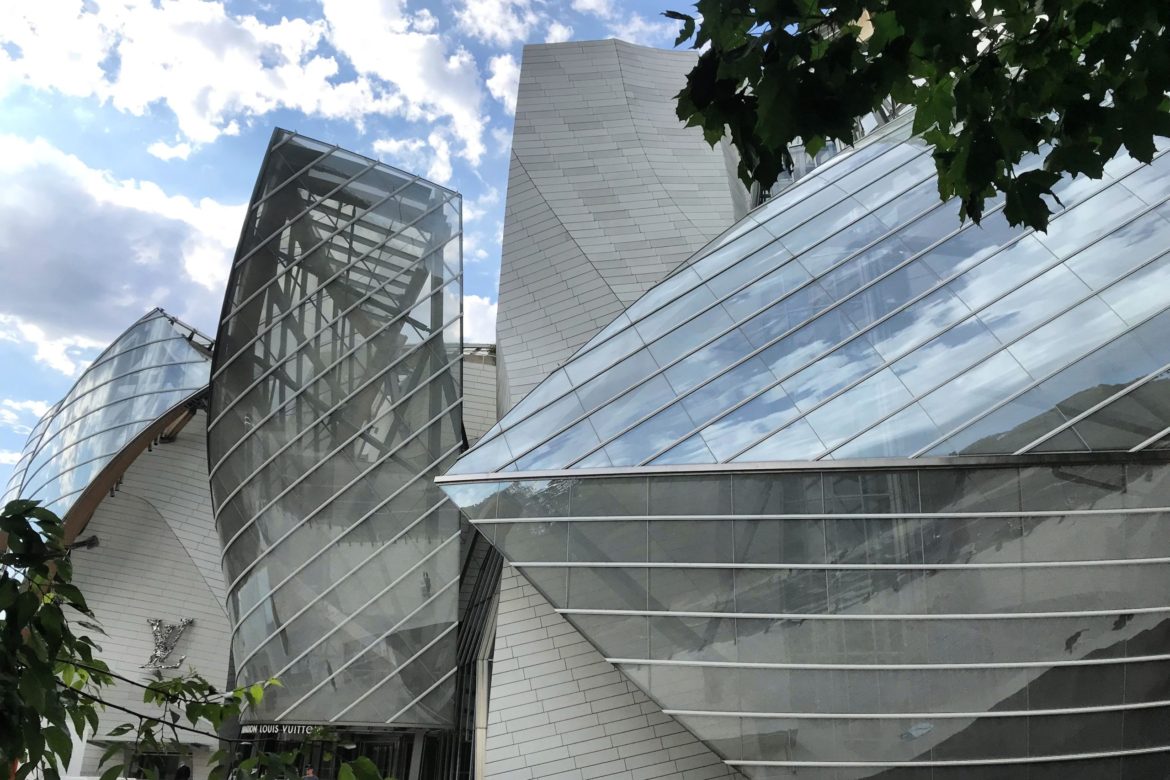
Passionate about Paris’ Fondation Louis Vuitton: a ‘Magnificent Vessel’
Paris is full of impressive, cultural monuments accumulated over nearly a thousand years. The Notre Dame from 1163. The Louvre which first opened as a museum in 1793. The Eiffel Tower, completed in 1889. The Fondation Louis Vuitton is a contemporary art museum situated in Paris’ famous Bois de Boulogne, near the Jardin d’Acclimation. Commissioned by LVMH chief Bernard Arnault, and designed by world famous architect, Frank Gehry, the building proudly takes its place among Paris’ magnificent monuments, enhancing its rich cultural landscape.
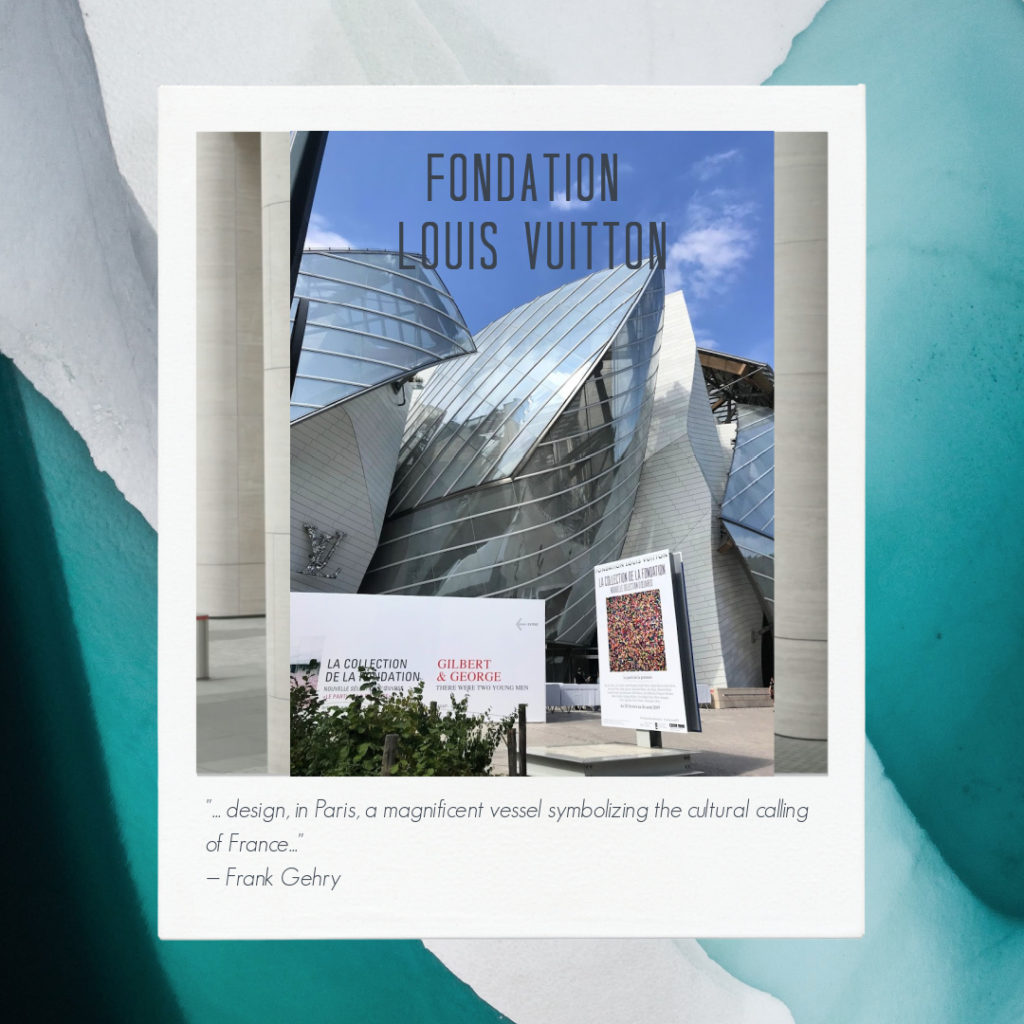
Architect Frank Gehry
Architect Frank Gehry sought to “design, in Paris, a magnificent vessel symbolizing the cultural calling of France”. He is known for his innovative projects as well as his spontaneous and instinctive style. A squiggly pencil line becomes a stunning work of architecture. In a well known episode of The Simpsons, a crumpled up piece of paper becomes masterpiece. Gehry is responsible for the Dancing House in Prague, the Guggenheim Museum in Bilbao, Spain, the Guggenheim Foundation in Abu Dhabi among others. All of these demonstrate his creativity and extraordinary ability to realize complicated structures.
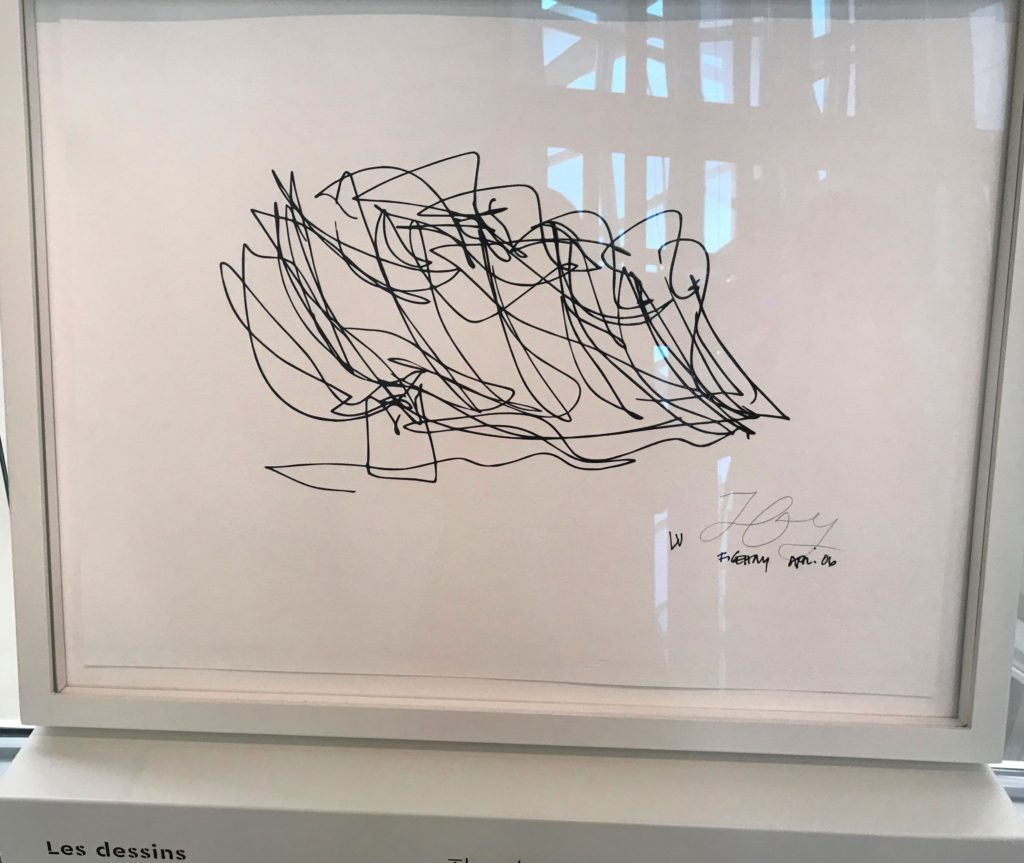
Inspiration
His inspiration for the Fondation Louis Vuitton came from a historical study of 19th century glasswork, his observation of Paris and his interest in contemporary art. Winner of the Pritzker Prize in 1989, he explained that it was his artist friends who had inspired him to free his architecture from formal constraints tied to conventional forms or what materials could or should do. He also studied the 19th century glass structure like the Grand Palais or the Palmarium built in 1893. Gehry’s sketches and models took shape. A dynamic envelope of glass would cover the body of the building, giving it vitality, while a collection of cubes referred to as the “iceberg” would give its volume.
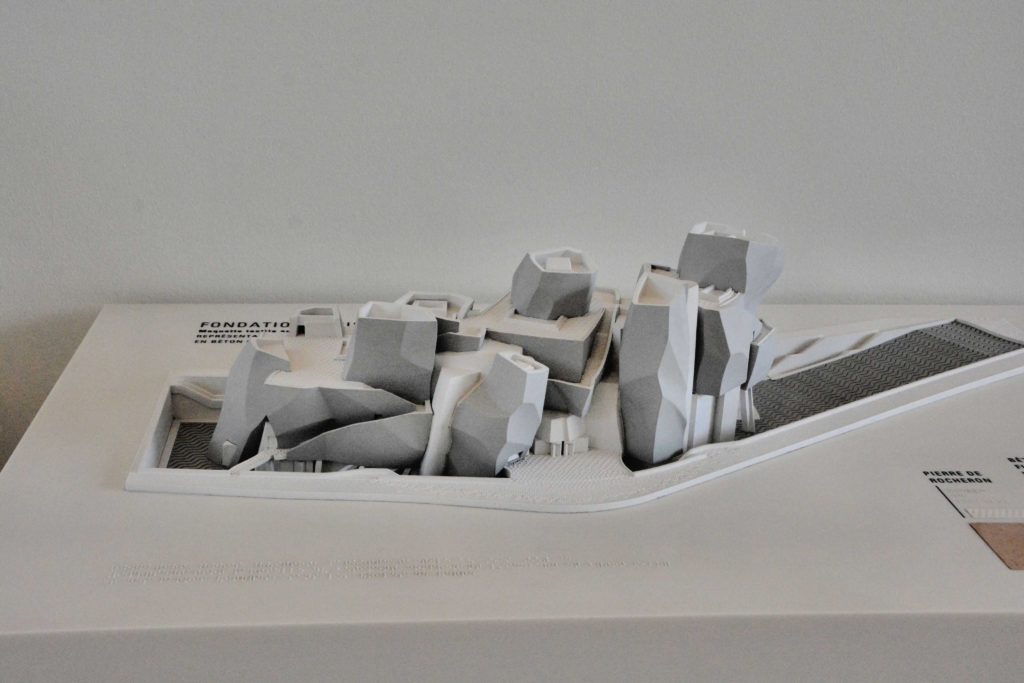
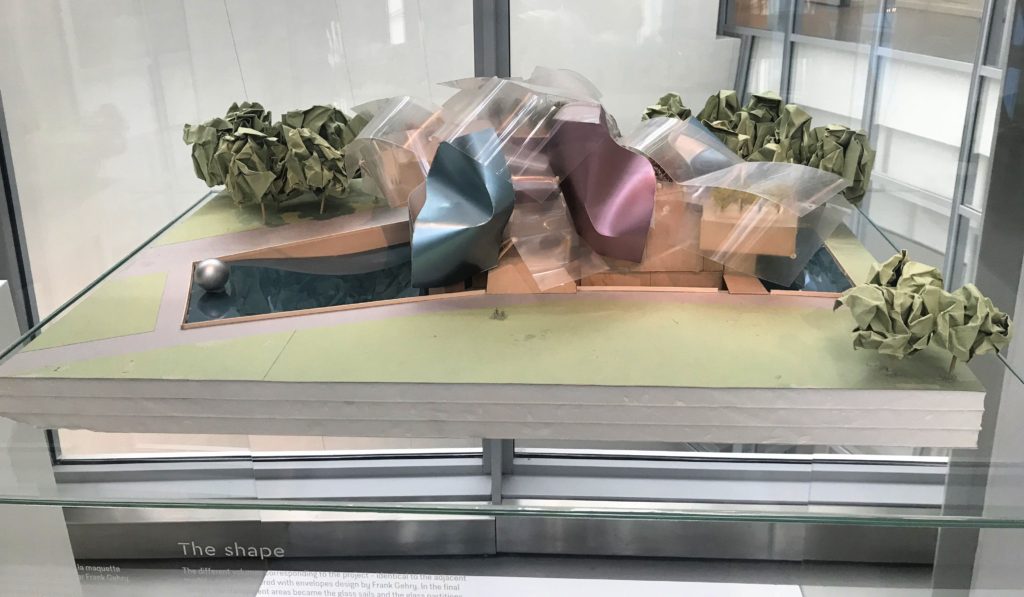
12 Glass Paneled ‘Sails’
Inside the building is a display, including models, describing the process and how the building fits together. The entire building rests in a basin, with a cascade of water descending into it. The natural environment of the woods of the Bois de Boulogne and the garden surround and support the builiding. The design serves two different visual experiences. First, the internal viewing of art.
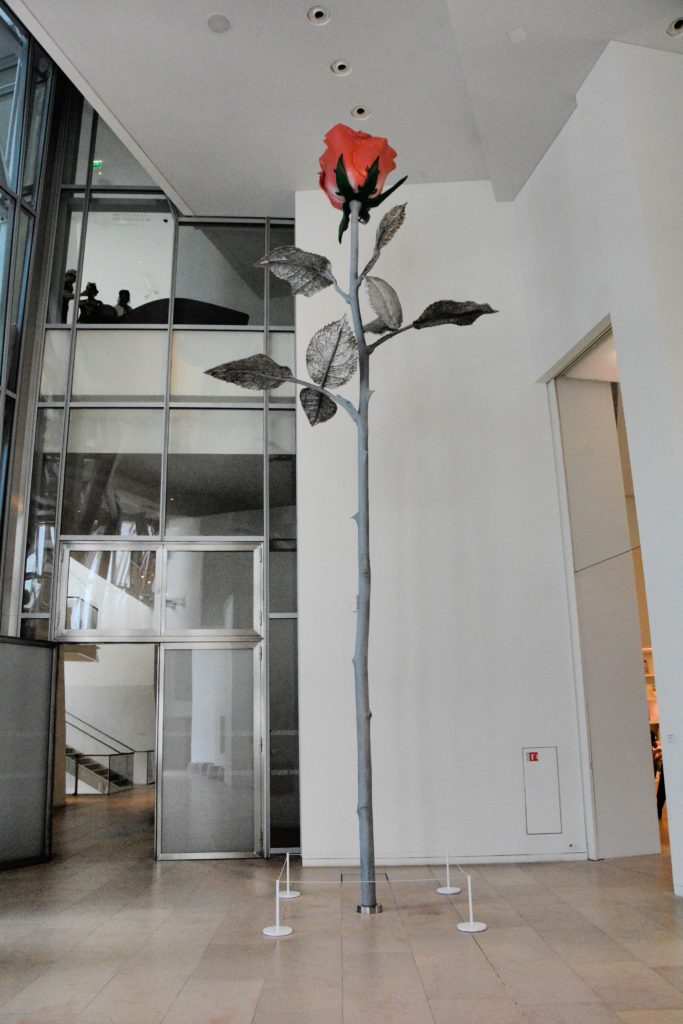
Second, the viewing of vast panoramas of Paris as seen from the roof terraces. 12 glass paneled ‘sails’ with incredibly complex curvature designed through the use of advanced software wrap the building. While some of the sails serve a purpose, such as sheltering the roof terraces, others just drift in space.
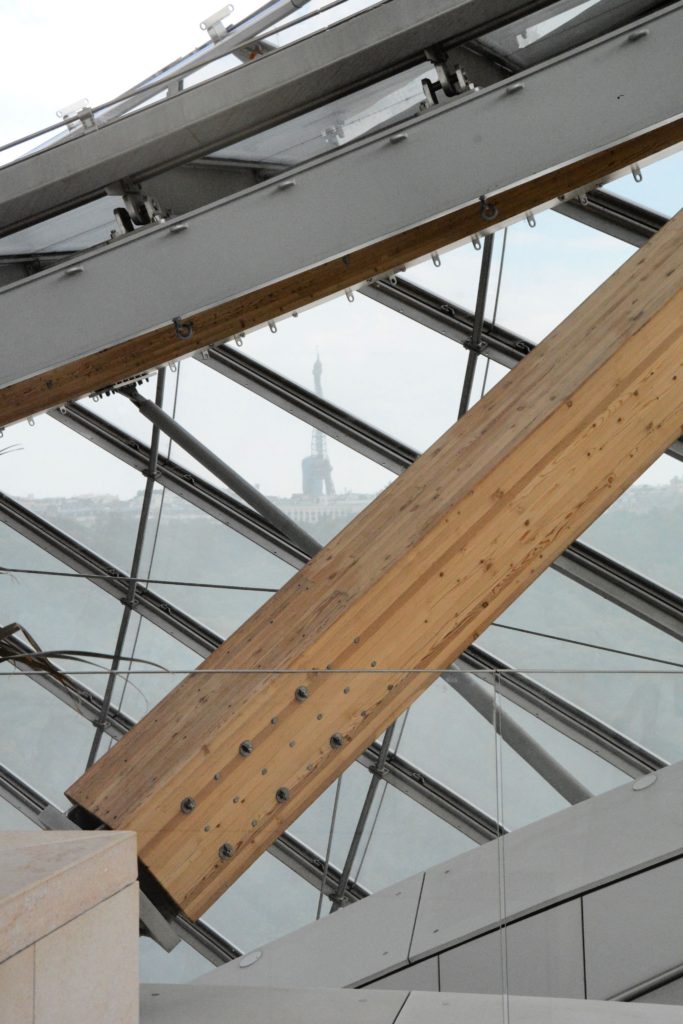
Interaction of Materials
Even though the building is enormous, it seems to be in perpetual movement. This is thanks to the lightness of its parts, detached from the other. The framework of glass walls, the layout of the stone and the steps of the staircase and the water set a minimalist tone. The main entry way is monumental, as it is located under the largest of the ‘sails’. Visitors bathe in light in the entryway that gives way to different galleries, the auditorium, the restaurant and the boutique. There are a total of 11 different viewing galleries.
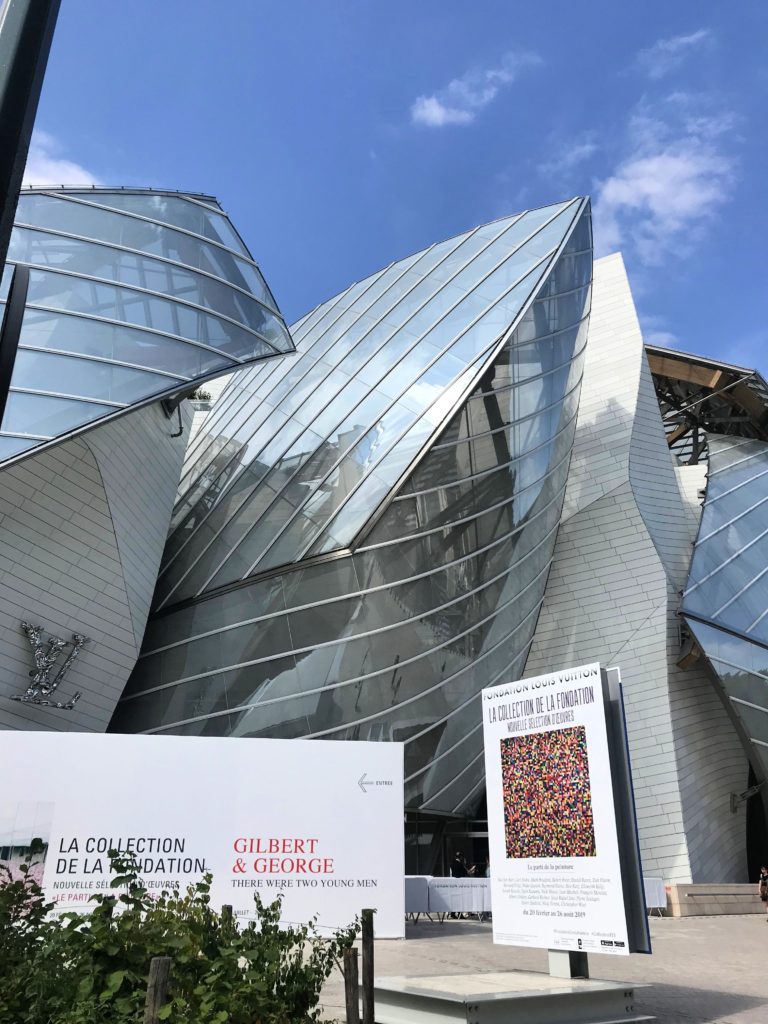
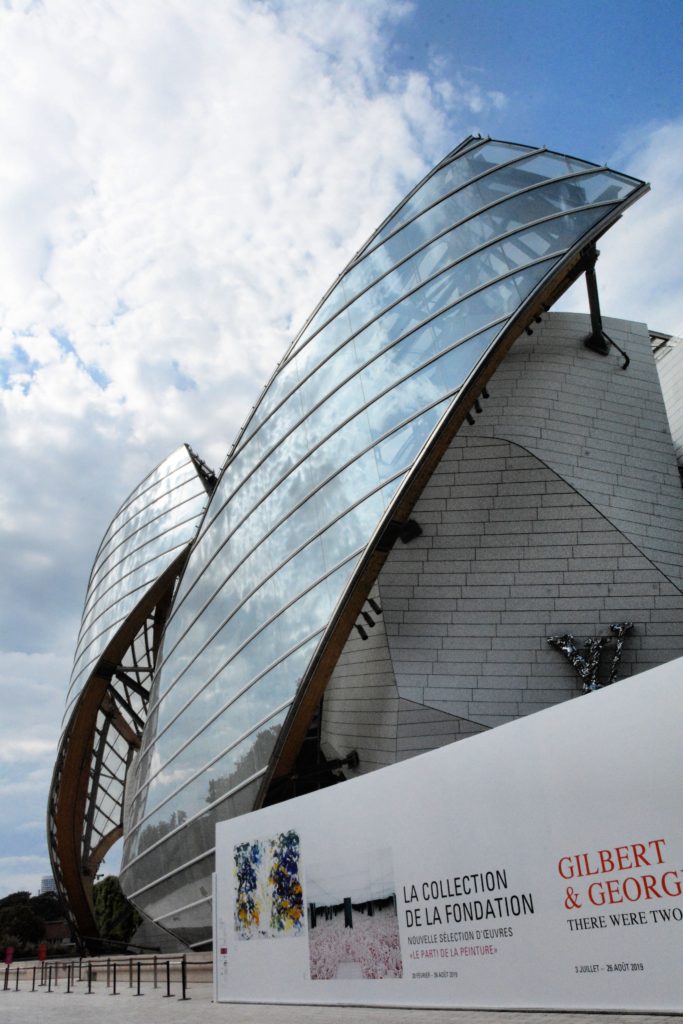
Journey through the Building
From the beginning of the visit, guests descend to the foot of the building to begin the exposition. At the edge of the pool, an installation from Olafur Eliasson accentuates the idea of reflection, light and linearity. The artist placed at regular intervals, optical and luminous devices which reflect color. The visitor becomes part of the choreography of light. The exposition explores the links between body, movement, perception of one’s self and the relationships between people and their environment.
The journey through the galleries takes place from low to high and leads the visitor progressively to the roof. Although the exterior free and disorderly, the gallery rooms and the circulation follow a strict organization, and the spaces are well-defined. At each level or on each floor, visitors experience a different point of view, showing off a different facet of the building and a different moment of its path. The building becomes as much a work of art as the pieces which are on display.
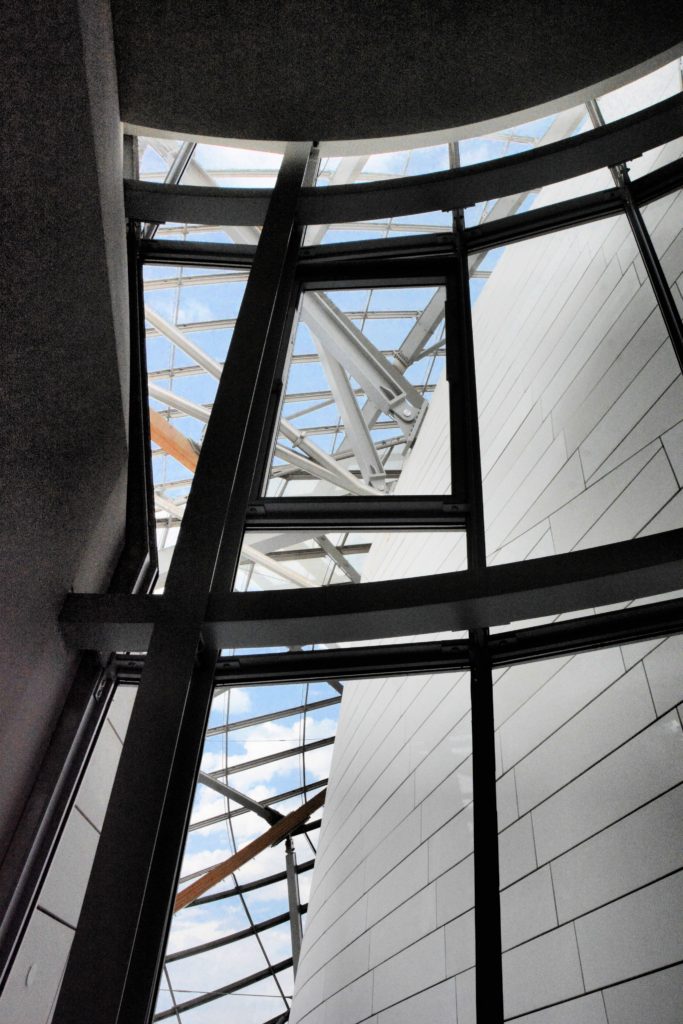
The multiple lines traced on the walls display an uneven rhythm of the direction to take.
Views from the Roof
To access the roof, visitors take a staircase which plunges them into the structure, almost as if entering the hull of a ship. There is a willingness of transparency, to show every aspect of the building, its construction, even the most raw details. At the very top, the levels overlook “the canyon” and offer partial views of Paris – the Bois de Boulogne, the modern “La Defense” area, the Eiffel Tower – which allows one to place the building in context.
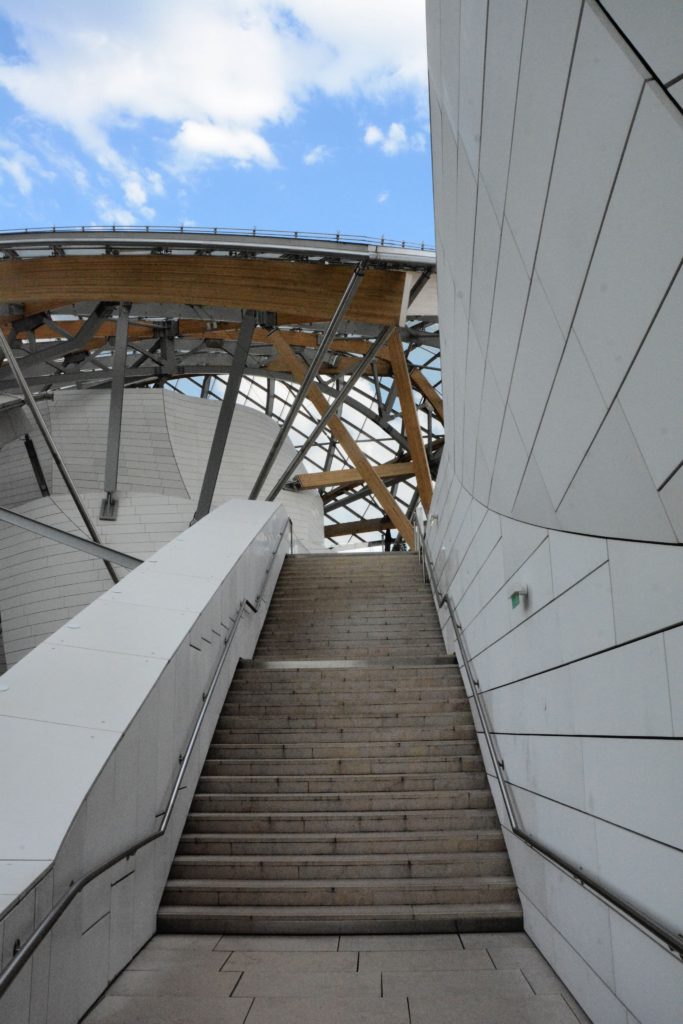
A luxuriously tranquil space, visitors can rise above certain sails to appreciate the monumentality of the construction and appreciate the proportions of man versus building.
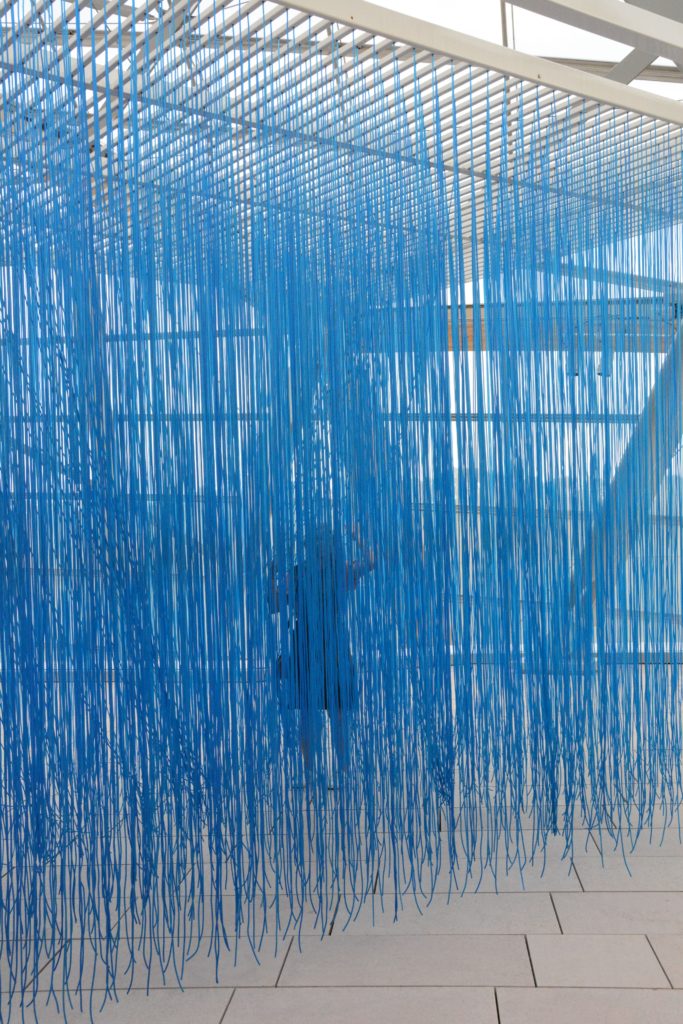
Just as the museum offers multiple paths to view the galleries, the visitor takes part in an architectural journey, free to explore the space.
Glass, Steel and Stone
A limestone from Bourgogne (Burgundy) makes up the flooring of the spaces linked to the exterior – the main hall, the terraces, the forecourt. A scaled motif called an ‘earthquake pattern’ is also found in the placement of the 19,000 concrete Ductal panels around the building. A frame made of steel and wood beams, each different holds up the glass sails. Finally, the entirety of the frame constitutes a real prowess, both technological and aesthetic, as it performs a dialogue between natural material and steel.
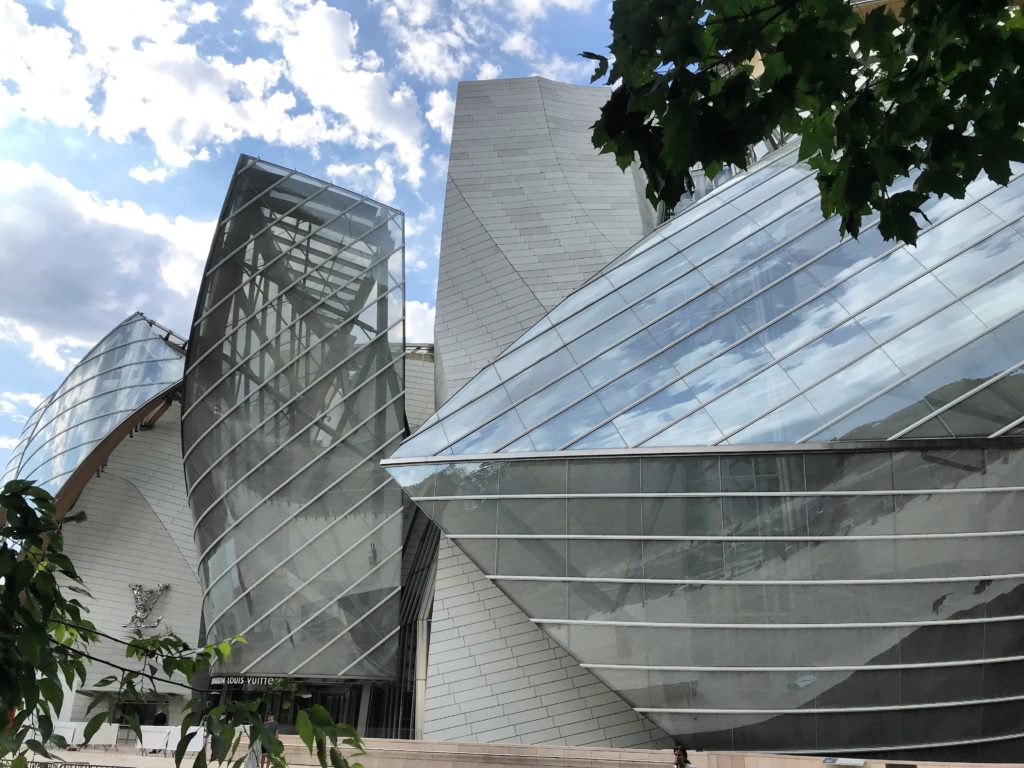
Glass forecourts keep the 19 volumes of the ‘iceburg’ enclosed. The glass panels hold together by aluminum nodes. Each element was custom fabricated using 3D printers.
Conclusion
Paris is so much more than the clichés. The French are and have always been incredible at incorporating the new with the old – just think of the Eiffel Tower’s history. The Fondation Louis Vuitton is a must-see for your next trip to Paris, certainly if you’ve already checked the blocks of the major tourist sites.
“As the world which constantly changes, we wanted to conceive a building that evolved depending on the time of day and the light in order to create an ephemeral impression of continual change.” Frank Gehry
« A l’image du monde qui change en permanence, nous voulions concevoir un bâtiment qui évolue en fonction de l’heure et de la lumière afin de créer une impression d’éphémère et de changement continuel » Frank Gehry
Fondation Louis Vuitton Metro Directions
Set within Jardin d’Acclimatation in the Bois de Boulogne, the nearest metro stop is Les Sablons.
Fondation Louis Vuitton Tips
You should book online if you can for immediate entry, otherwise the queue for tickets is about 10-15 minutes long. Make sure you take your time to walk around the whole building. There are plenty of beautiful parts not to miss out on; the cascading water fountain, the hall with mirrors, the strategic little gap with the Eiffel Tower view.
Need a Hotel?
Here is a selection of excellent Paris hotels.
Or search the map:
Prefer a Home Away from Home?
It’s hard to decide which is better – the exquisite hospitality at Parisian hotels or the beauty of staying in an apartment in Paris, where you can go walk to the neighborhood marché or boulangerie to truly experience Paris. I have used both VRBO and Plum Guide several times and I highly recommend these services for a hassle free vacation rental.
VRBO
VRBO in Paris is great – I have always found impeccably clean and stylishly furnished apartments, with outstanding, walkable locations.
Plum Guide
I have partnered with “Plum Guide”, which offers homes and apartments for vacation rentals with “thoughtful design, with something remarkable, impeccably clean and well-maintained spaces, attentive hosts who are responsive and respectful”. In order to use my preferred rate, you would have to contact me.
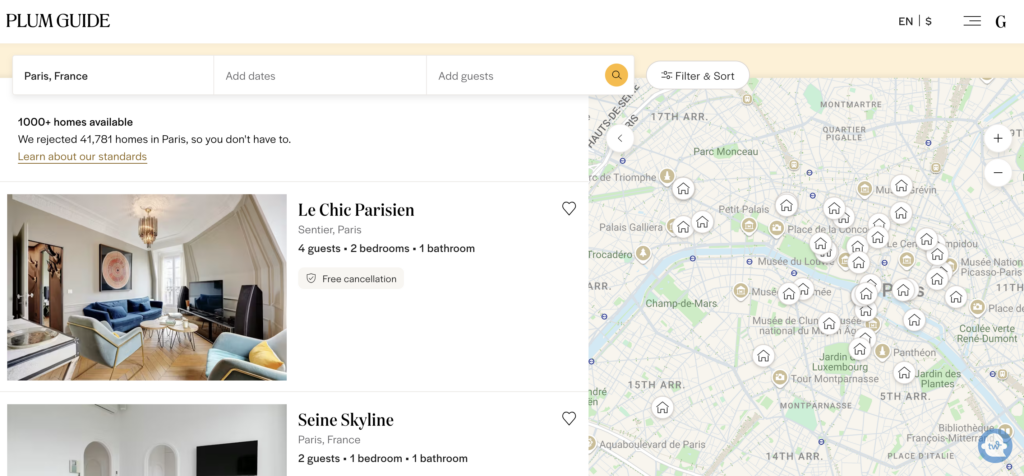
Need a Flight?
Need a Ride from the Airport to Your Hotel?
What to Wear in Paris:
Head to my Shop Page or follow my Like To Know page for Parisian inspired fashion and more.
If You Enjoyed this Post, You Might Also Enjoy:
More Paris:
The Ultimate 3-Day Paris Itinerary: Must-See Highlights for First-Time Visitors
The Best Covered Passages in Paris: Architecture, Shopping, and History
6 Beautiful Paris Hotels for Your Next Trip to Paris
5 Hidden Gems in Paris for Architecture Lovers
7 Restaurants to try for your next trip to Paris
5 Must Read Books for Your Trip to Paris
Notre Dame de Paris: How a Building Can Break Our Heart
Passionate about Paris’ Fondation Louis Vuitton: a ‘Magnificent Vessel’
More France:
6 Places in France to Escape After the Paris Olympics
Fabulous Books to Bring France and Italy to Your Home
Le Mont-Saint-Michel: Natural and Man made Wonder
Discovering the Enchanting Hilltop Village of Èze, France
La Fondation Maeght: Art and Architecture in the South of France
A Perfect Day in Saint-Émilion, France
Touring France: Le Bassin d’Arcachon
More Europe:
The 3 Must-See Towns along Italy’s Amalfi Coast
24 Hours in Geneva, Switzerland
The Vienna Secession Building and Gustav Klimt’s “Beethoven Frieze”
The Beautiful Architecture of Prague
Be sure to follow my Instagram to see where I have been and where I am going.
Bring France & Italy Home
You can shop my Amazon shop with a selection of French and Italian inspired items.
Shop here for French items.
Or, shop here for French books.
Browse here for Italy inspired books and items!
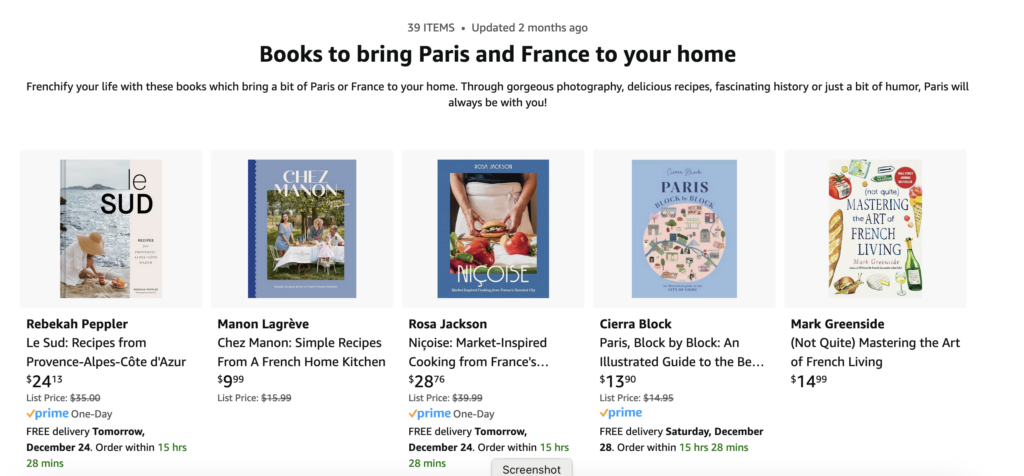
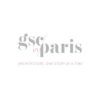

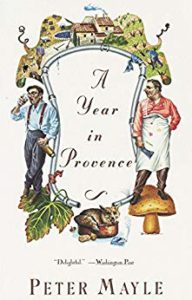
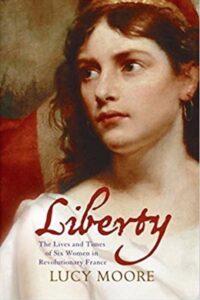

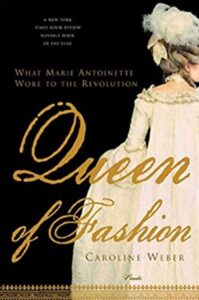
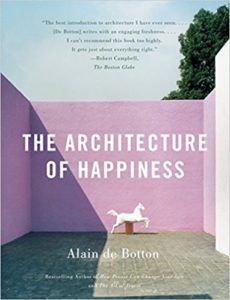

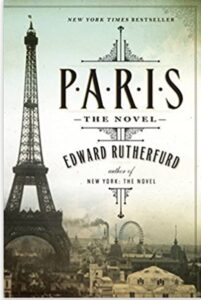

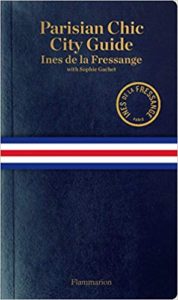
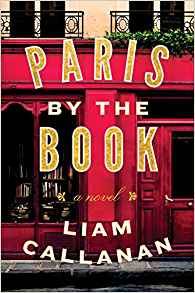
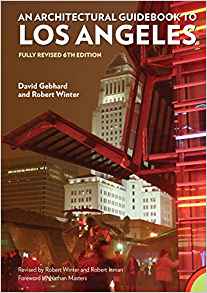

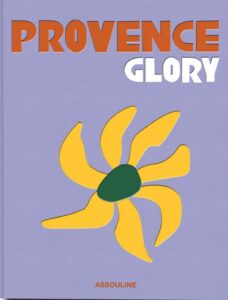
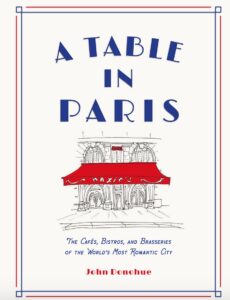

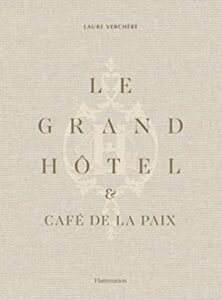
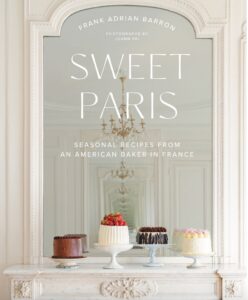


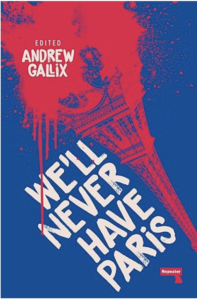
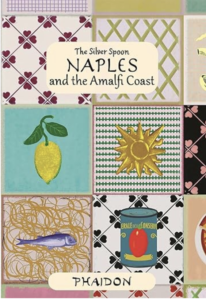

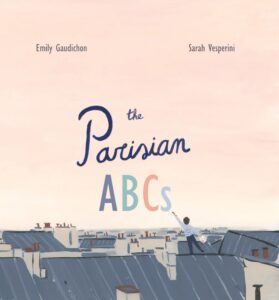
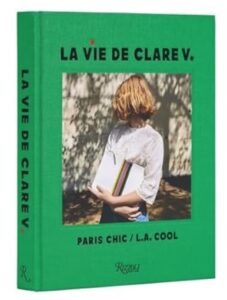
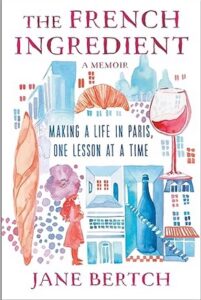
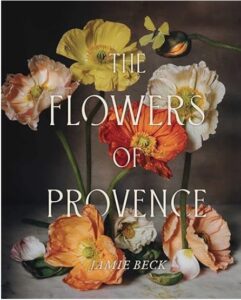

Alicia
November 11, 2020 at 1:33 pmThe Fondation Louis Vuitton sounds amazing! I would love to visit some day. Uncommon building structures are a joy!